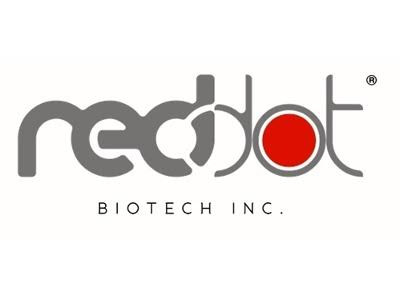Product Description
Rat Pro Interleukin 1, beta (IL1B) ELISA Kit | AE25832RA | Abebio
Species Reactivity: Rat (Rattus norvegicus)
Abbreviation: pro IL1B
Alternative Name: N/A
Application: ELISA
Range: 6.25-400 pg/mL
Sensitivity: 2.33 pg/mL
Intra-Assay: ≤4.7%
Inter-Assay: ≤11.2%
Recovery: 1, 07
Sample Type: Serum, Plasma, Other biological fluids
Detection Method: Sandwich
Analysis Method : Quantitive
Test Principale: This assay employs a two-site sandwich ELISA to quantitate pro IL1B in samples. An antibody specific for pro IL1B has been pre-coated onto a microplate. Standards and samples are pipetted into the wells and anypro IL1B present is bound by the immobilized antibody. After removing any unbound substances, a biotin-conjugated antibody specific for pro IL1B is added to the wells. After washing, Streptavidin conjugated Horseradish Peroxidase (HRP) is added to the wells. Following a wash to remove any unbound avidin-enzyme reagent, a substrate solution is added to the wells and color develops in proportion to the amount of pro IL1B bound in the initial step. The color development is stopped and the intensity of the color is measured.
Product Overview: Interleukin-1 (IL-1) is one of the first cytokines ever described. Its initial discovery was as a factor that could induce fever, control lymphocytes, increase the number of bone marrow cells and cause degeneration of bone joints. At this time, IL-1 was known under several other names including endogenous pyrogen, lymphocyte activating factor, haemopoetin-1 and mononuclear cell factor, amongst others. It was around 1984-1985 when scientists confirmed that IL-1 was actually composed of two distinct proteins, now called IL-1α and IL-1β.These belong to a family of cytokines known as the interleukin-1 superfamily.Both IL-1α and IL-1β are produced by macrophages, monocytes and dendritic cells.
Stability: The stability of ELISA kit is determined by the loss rate of activity. The loss rate of this kit is less than 5% within the expiration date under appropriate storage condition. The loss rate was determined by accelerated thermal degradation test. Keep the kit at 37°C for 4 and 7 days, and compare O.D.values of the kit kept at 37°C with that of at recommended temperature. (referring from China Biological Products Standard, which was calculated by the Arrhenius equation. For ELISA kit, 4 days storage at 37°C can be considered as 6 months at 2 - 8°C, which means 7 days at 37°C equaling 12 months at 2 - 8°C) .
 Euro
Euro
 USD
USD
 British Pound
British Pound
 NULL
NULL








